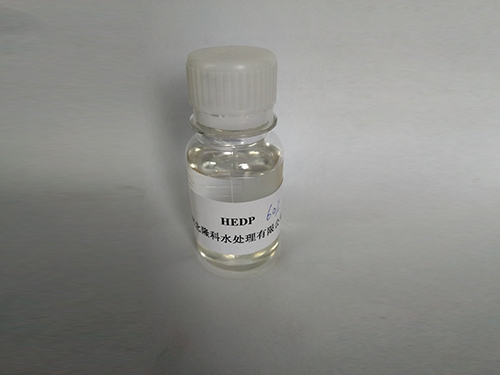poly aluminium chloride in wastewater treatment
The Role of Poly Aluminium Chloride in Wastewater Treatment
In recent years, the importance of efficient wastewater treatment has become increasingly evident due to the rising environmental concerns and stringent water quality regulations. Among various chemicals used in the treatment process, Poly Aluminium Chloride (PAC) has emerged as a popular coagulant, playing a significant role in enhancing the efficiency of wastewater treatment systems.
The Role of Poly Aluminium Chloride in Wastewater Treatment
One of the primary advantages of PAC over traditional coagulants, such as aluminum sulfate, is its superior performance in a broader range of pH levels. PAC functions effectively not only in acidic conditions but also in neutral to alkaline environments. This versatility makes it suitable for various wastewater treatment applications, including industrial waste, which often has variable pH levels. Furthermore, PAC results in less sludge production, making it a more environmentally friendly option. Reduced sludge means lower disposal costs and decreased environmental impact, a significant consideration in modern wastewater management.
poly aluminium chloride in wastewater treatment

The use of PAC has shown considerable benefits in the treatment of specific types of wastewater, such as those containing high turbidity levels or organic materials. In industries such as paper manufacturing, textile production, and food processing, PAC has been proven to enhance the removal of color and organic compounds, leading to improved treatment outcomes. Additionally, its ability to remove phosphorus from wastewater is invaluable in preventing eutrophication in receiving water bodies, thus supporting environmental sustainability.
While PAC offers a range of benefits, its application is not without challenges. Proper dosing and dosage control are crucial to achieving optimal results. An insufficient dose may fail to adequately remove particulates, while an excessive dose can lead to increased residual aluminum in treated water, which poses potential health risks. Therefore, regular monitoring and adjustments are necessary to maintain effective treatment.
In conclusion, Poly Aluminium Chloride has established itself as a vital chemical in the field of wastewater treatment. Its effectiveness across different pH levels, lower sludge production, and ability to enhance the removal of contaminants make it an ideal choice for treating various types of wastewater. As the focus on environmental sustainability continues to grow, the role of PAC in improving water quality will likely become even more significant. Continued research and development in the field will further optimize its use, contributing to more efficient wastewater treatment processes and better protection of our water resources.
-
Water Treatment with Flocculant Water TreatmentNewsJun.12,2025
-
Polymaleic AnhydrideNewsJun.12,2025
-
Polyaspartic AcidNewsJun.12,2025
-
Enhance Industrial Processes with IsothiazolinonesNewsJun.12,2025
-
Enhance Industrial Processes with PBTCA SolutionsNewsJun.12,2025
-
Dodecyldimethylbenzylammonium Chloride SolutionsNewsJun.12,2025





